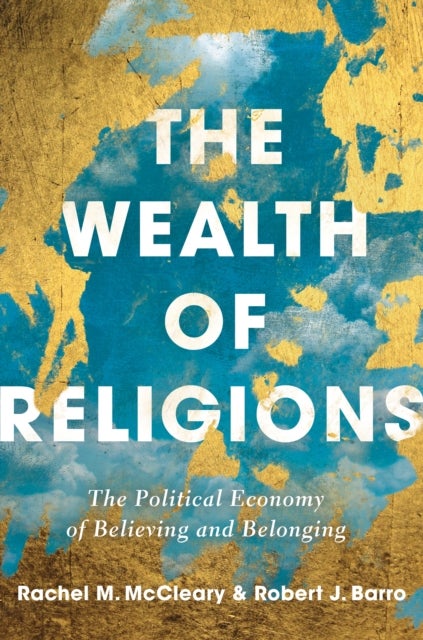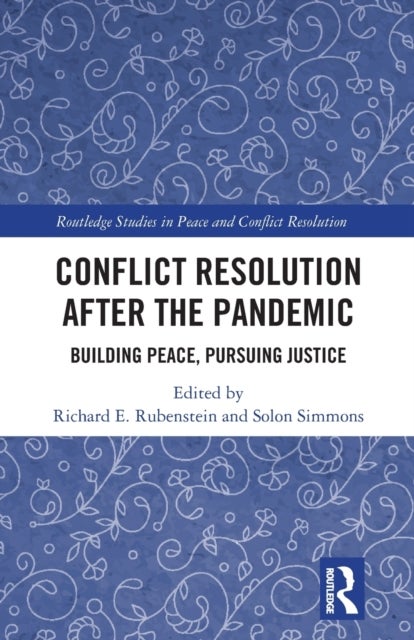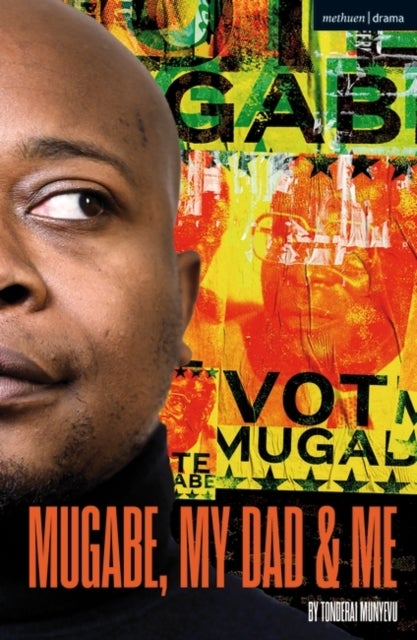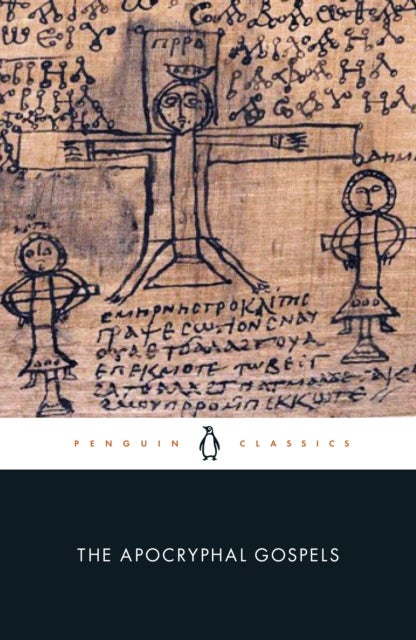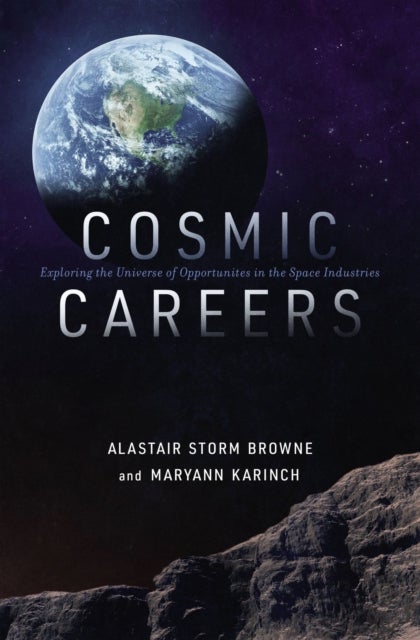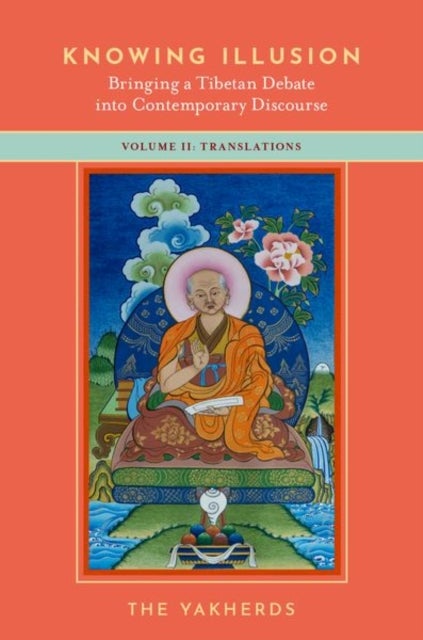
Knowing Illusion: Bringing a Tibetan Debate into Contemporary Discourse
479,-
Tsongkhapa (1357-1419) is by any measure the single most influential philosopher in Tibetan history. His articulation of Prasangika Madhyamaka, and his interpretation of the 7th Century Indian philosopher Candrakirti''s interpretation of Madhyamaka is the foundation for the understanding of that philosophical system in the Geluk school in Tibet. Tsongkhapa argues that Candrakirti shows that we can integrate the Madhyamaka doctrine of the two truths, and of theultimate emptiness of all phenomena with a robust epistemology that explains how we can know both conventional and ultimate truth and distinguish truth from falsity within the conventional world. The Sakya scholar Taktsang Lotsawa (born 1405) published the first systematic critique of Tsongkhapa''s system. In the fifth chapter of his Freedom from Extremes Accomplished through Comprehensive Knowledge of Philosophy, Taktsang attacks Tsongkhapa''s understanding of Candrakirti and the cogency of integrating Prasangika Madhyamaka with

